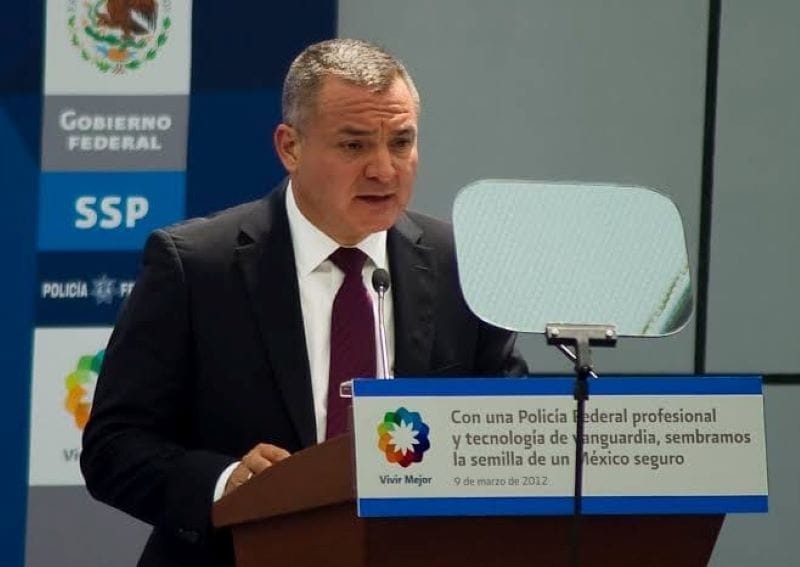Calderón Grapples with García Luna's Conviction
Former President Felipe Calderón, in his books, praises Genaro García Luna for his role in Mexico's security strategy, despite García Luna later being imprisoned for drug trafficking links. Calderón defends his administration's actions.

Politics. That glorious cesspool of ambition, scandal, and inevitable fall from grace. You can practically smell the scent of tarnished legacies and shattered dreams. And if you’re Felipe Calderón, Mexico's former president, the lingering stench of betrayal from your once trusted right-hand man is likely so thick you could cut it with a knife.
The year is 2012, and Calderón has just vacated Los Pinos, leaving behind a legacy defined by his infamous national security strategy. He might not have called it a “war on drugs,” but let’s not kid ourselves – that's precisely what it was. A war waged with good intentions and bad optics, one led by a man he trusted more than most, Genaro García Luna. And there’s no doubt about it – at the time, García Luna was Calderón’s golden boy, the civilian equivalent of a knight in shining armor. Except, in hindsight, that armor had some pretty sizeable cracks.




